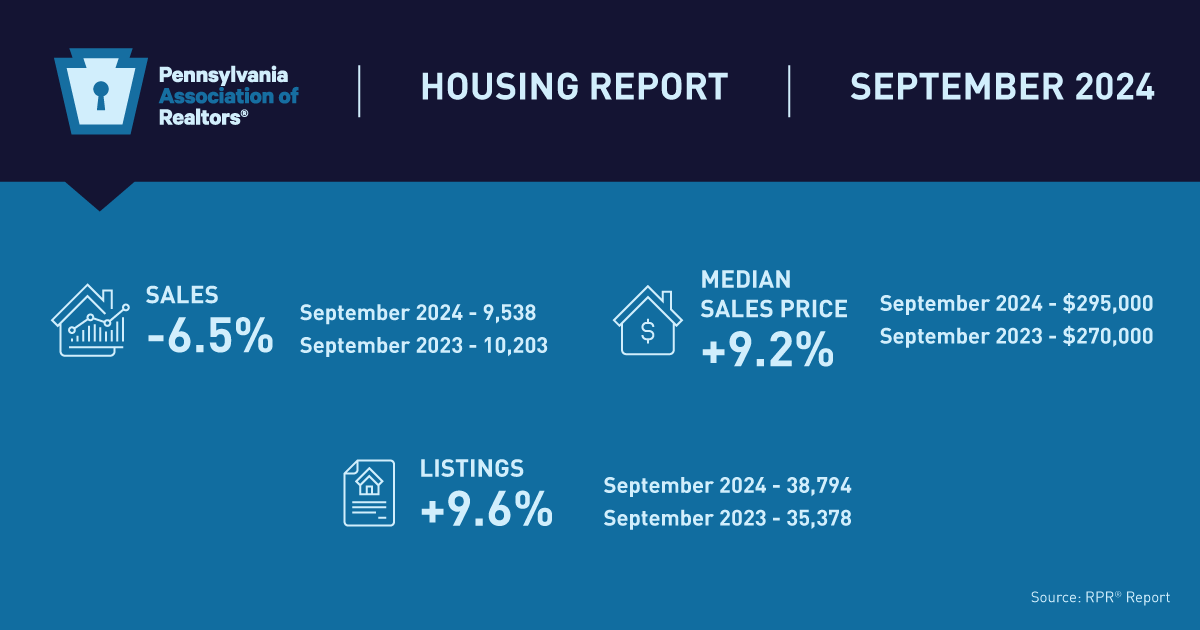Back to Basics: Agency

Editor’s note: This post was updated on Oct. 7, 2024, to reflect recent changes.
With exactly 1,500 tickets (as of the date of writing), agency is one of the top 10 topics to generate questions to the PAR Legal Hotline. Here is a little refresher on the basics of agency in Pennsylvania and some real questions that we frequently receive.
Section 201 of the Real Estate Licensing and Registration Act defines an agency relationship as one “whereby the broker, or licensees in the employ of the broker, act as fiduciaries for a consumer of real estate services by the express authority of the consumer of real estate services.” There are two important parts of the definition that you should pay attention to.
First, as an agent, you act as a fiduciary for a client. To do this successfully, you have a duty of good faith, trust, confidence and candor, acting for your client’s benefit for the duration of the relationship. Second, there must be express authority from the consumer. There is no requirement here that the authority must be written (though it helps), but it must be clearly given. Lead generation, interactions on social media or even conversations about real estate are not express authority for you to act as someone’s agent, nor do they entitle you to “claim” them from another agent who received express authority.
Most agents are pretty clear on what it means to act as a fiduciary when they are only representing one side of a transaction (a seller/landlord or a buyer/tenant). Where it sometimes gets dicey is when agents try to figure out what to do when they and/or their brokers are representing both sides of a transaction (dual agency) and figuring out their broker’s policies on sharing information within the brokerage (designated agency).
Before the introduction of buyer agency in the 1990s, all agents affiliated with a brokerage were generally considered to represent the clients of any of the agents in the brokerage. If there were 10 agents, then each time one agent signed on a seller, it was as though all 10 (and the broker) were now fiduciaries and working on behalf of that seller. Since even those agents who worked with buyers were generally considered to be representing sellers (via subagency – if you don’t know the term please don’t ask), there were no direct conflicts if a broker worked with both the buyer and the seller.
Once the idea of buyer agency was legally established, that lead to the concept of dual agency – where a brokerage can represent both parties, but at the same time must ensure that it doesn’t take any “action that is adverse or detrimental to either party’s interest in a transaction.” To minimize individual conflicts, the law also created designated agency, in which the broker can specifically identify one (or more) agents within the brokerage to represent a client. This avoids the situation where all the agents in the firm are considered to be representing a party just because someone else has brought them on as a client.
If you are confused about agency, rest assured that you are not the only one. Here are some common questions or scenarios we hear on the Legal Hotline.
Caller: Can another agent in my brokerage help me with my client?
Hotline: It depends on your broker’s designated agency policy. If their policy is to designate specific agents to represent each client, then only the designated agents should be working with each client. If you want another agent to help with a client – whether as part of a team or just a one-off project – that other agent should also be designated for the client. That can be as simple as putting their name in the listing/buyer agency agreements or adding them with either Form CLC (sellers) or Form CBA (buyers).
Caller: Can an agent from another brokerage help me with my client?
Hotline: This is becoming a more and more common question, with the answer found in the basics of agency. The broker “owns” the contractual relationship with each client and only a broker who has that relationship can provide licensed real estate services (through their agents) to the client. If a seller is a client of Broker A, then agents who don’t work for Broker A have no contractual relationship with the client and should not be doing anything that requires a real estate license – like sitting at an open house or facilitating showings for buyers.
That said, it’s certainly possible that agents from Broker A and Broker B could both work with a client if the two brokerages enter into some sort of cooperative contract such as a co-listing, but in that case, the reason they can work together is that both brokers have a contractual relationship with the client that’s been approved by both brokers.
Caller: I have to represent the buyer if they come to my open house without an agent, right?
Hotline: Of course, it’s permissible, but only after you have explained to the client what dual agency is and both parties have consented to it in writing. But it does put you in the difficult position of being a dual agent, when it may not be necessary… or even advisable. Buyers can represent themselves (there’s a form to explain that – the Non-Representation Agreement; Form NRA) or have an attorney represent them in a transaction.
Let’s say that you do decide to represent the buyer as well …
Caller: The seller is my “real” client, right? I represented them first, so I have a greater duty to them.
Hotline: Again, no. A client is a client and they are each owed the same fiduciary duty. If that’s your mindset, then you should simply explain to buyers that you will not represent them and give them Form NRA before going any further in discussions.
Caller: I’m selling my own property and also representing the buyer as a dual agent …
Hotline: We are silently shaking our head. Though there is nothing explicit in the law that says the words “licensees cannot be a dual agent when also representing themselves in a transaction,” it would be… let’s call it “exceedingly difficult” to convince a judge or jury that you could equally and fairly balance their needs and interests with your own as a party. But don’t take my word for it. If you ever have an urge to represent yourself in a transaction through your brokerage, make sure you check with your broker first, and have them check their errors and omissions coverage. Some may place limits on an agent’s ability to represent themselves (i.e., you may not be covered by insurance if you act as your own agent and someone sues) and the odds are good that they won’t cover a scenario where you try to act as a dual agent.
Caller: Do I have to get a buyer agency contract signed to be a buyer agent? I don’t want to scare them off.
Hotline: As of mid-August, 2024, MLS rules that were implemented as a result of an NAR class action settlement require that an MLS participant or subscriber who is “working with” a buyer must have a “written agreement” that spells out the relationship duties and any payments that may be due. If you choose to work with/represent a buyer, then you’ll need a written contract of some sort that reflects the negotiated business arrangement between the broker and client.
Topics
Share this post
Member Discussion
Recent Articles
-
Pennsylvania Median Home Sales Price Dips Slightly, More Listings Hit the Market
- October 22, 2024
- 2 min. read
The Pennsylvania Association of Realtors®’ September housing market report shows home prices have come down a bit, but the good news is there are more homes on the market.
-
Generation E(xpat)? More Gen Z, Millennials Moving Abroad
- October 21, 2024
- 1 min. read
A recent survey showed 87% of Gen Z and millennial workers were planning on becoming digital nomads – people who work remotely while traveling.
-
Realtors® Reveal: 5 Renovation Mistakes Sellers Should Avoid
- October 18, 2024
- 3 min. read
Here are five renovation mistakes sellers should avoid, according to a few Pennsylvania Realtors®.
Daily Emails
You’ll be the first to know about real estate trends and various legal happenings. Stay up-to-date by subscribing to JustListed.



